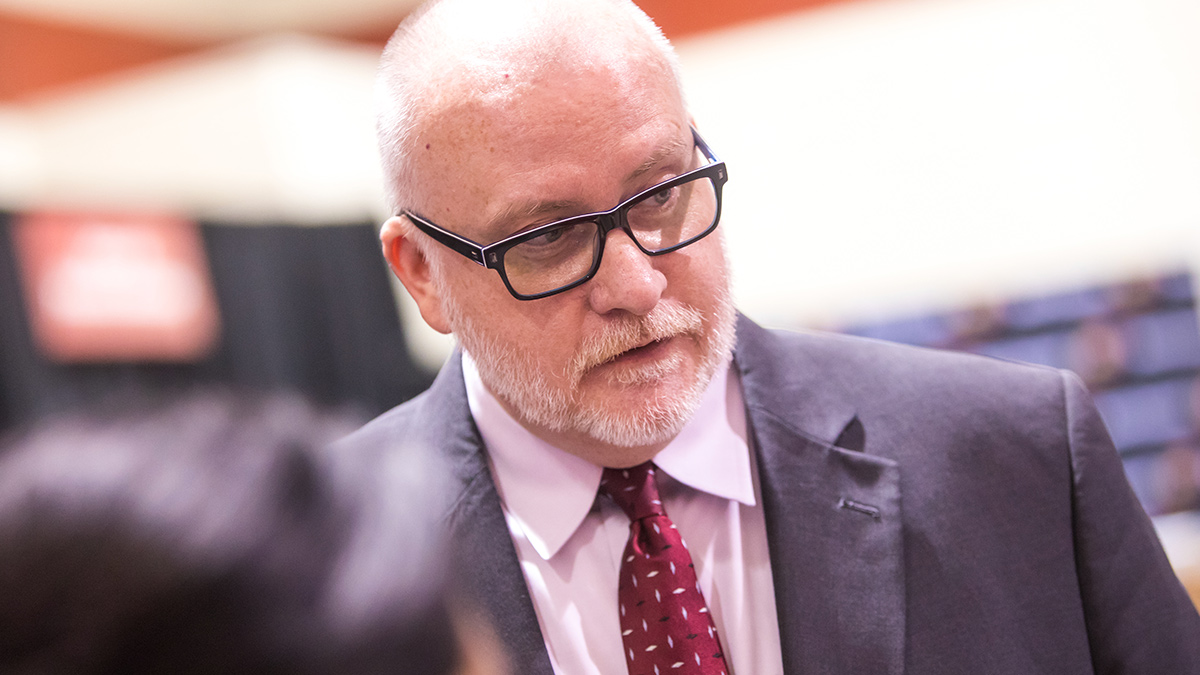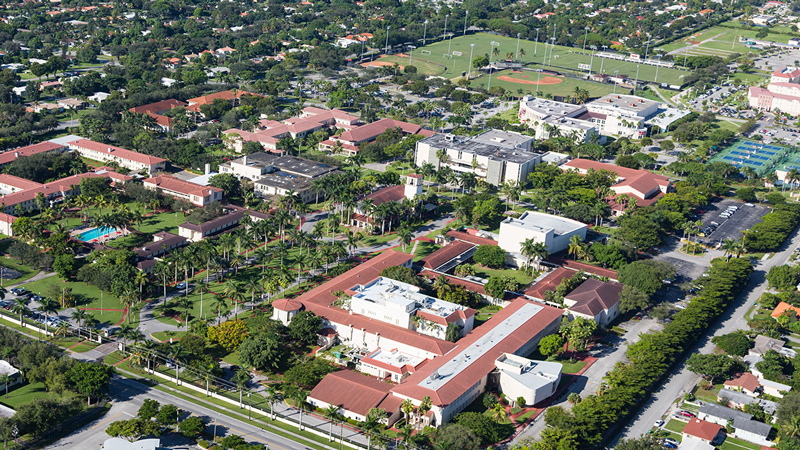Barry University School of Law is eager to assist our graduates in navigating the repayment process. Please see the links below or contact the Office of Student Financial Services at lawfinaid@barry.edu or call 321-206-5636 and speak to one of our financial aid counselors.
Federal regulations require all borrowers to complete Federal Direct Stafford Loan exit counseling before they graduate, withdraw, or drop below half-time enrollment. The Federal Direct Loan exit counseling will be completed online prior to graduation or change in status, and helps an individual understand his/her rights and responsibilities as a student loan borrower while also providing useful tips and information on managing loan repayment. Students and alumni are encouraged to visit the Office of Student Financial Services for counseling and information on new programs or payment plans.
Newest federal repayment options for those that qualify
- Pay as You Earn: As of December 21, 2012, the Pay as You Earn plan is available for eligible borrowers, defined as “new borrowers,” as of October 1, 2007. You are a new borrower if you had no outstanding balance on a Direct Loan or Federal Family Education Loan Program (FFELP) loan as of October 1, 2007, or if you had no outstanding balance on a Direct Loan or FFELP loan when you received a new Direct Loan or FFELP loan on or after October 1, 2007. In addition, you must have received a disbursement of a Direct Subsidized Loan, Direct Unsubsidized Loan, or Direct PLUS Loan for graduate or professional students on or after October 1, 2011, or you must have received a Direct Consolidation Loan based on an application that was received on or after October 1, 2011.
- Public Service Loan Forgiveness: If you work full time in a public service job, you may qualify for Public Service Loan Forgiveness. You must be employed full time by a public service organization when you make each of the required 120 qualifying monthly payments on your Direct Loans, at the time you apply for loan forgiveness after making the last of those 120 payments, and at the time you receive loan forgiveness. Learn more to see if you qualify by reading the Public Service Loan Forgiveness Q & A for Borrowers document.
Additional federal repayment plans
- Standard Repayment: Under this plan, borrowers will pay a fixed monthly amount for a loan term of up to 10 years. Depending on the amount of the loan, the loan term may be shorter than 10 years. There is a $50 minimum monthly payment.
- Extended Repayment: This plan is like standard repayment, but allows a longer loan term of 12 to 30 years, depending on the total amount borrowed. Stretching out the payments over a longer term reduces the size of each payment, but increases the total amount repaid over the lifetime of the loan.
- Graduated Repayment: Unlike the standard and extended repayment plans, this plan starts off with lower payments, which gradually increase every two years. The loan term is 12 to 30 years, depending on the total amount borrowed. The monthly payment can be no less than 50% and no more than 150% of the monthly payment under the standard repayment plan. The monthly payment must be at least the interest that accrues, and must also be at least $25.
- Income-Contingent Repayment: Payments under the income-contingent repayment plan are based on the borrower's income and the total amount of debt. Monthly payments are adjusted each year as the borrower's income changes. The loan term is up to 25 years. At the end of 25 years, any remaining balance on the loan will be discharged. The write-off of the remaining balance at the end of 25 years is taxable under current law. There is a $5 minimum monthly payment.
- Income-Sensitive Repayment: As an alternative to income-contingent repayment, FFELP lenders offer borrowers income-sensitive repayment, which pegs the monthly payments to a percentage of gross monthly income. The loan term is 10 years.
- Income-Based Repayment: Starting July 1, 2009, income-based repayment was introduced as a more generous alternative to income-contingent and income-sensitive repayment. Unlike those forms of repayment, income-based repayment is available in both the Direct Loan Program and FFELP. Income-based repayment is like income-contingent repayment, but caps the monthly payments at a lower percentage of a narrower definition of discretionary income.
Work with your loan servicer to choose a federal student loan repayment plan that works best for you:
You can use the Federal Repayment Comparison Calculator to quickly calculate estimated monthly payments under several repayment plans.
State loan repayment assistance programs
The Foundation supports a Loan Repayment Assistance Program (LRAP) for lawyers employed at eligible legal aid programs. The LRAP program goal is to enhance lawyer recruitment and retention by Foundation legal assistance for the poor grantees. LRAP provides benefits of up to 80% of eligible annual law school debt payments up to $7,500 per year in the form of a loan. The Foundation forgives the loan annually for participants who remain employed full-time or part-time (50% FTE) for 12 months at a Foundation eligible legal aid grantee organization.
Catherine "Kate" York
Director of Grants Program
The Florida Bar Foundation
875 Concourse Parkway South
Suite 195
Maitland, FL 32751
Phone: 407-960-7000, ext. 136 (800-541-2195 in Florida)
Fax: 407-960-3765
Web: www.thefloridabarfoundation.org / Loan Repayment Assistance Program













